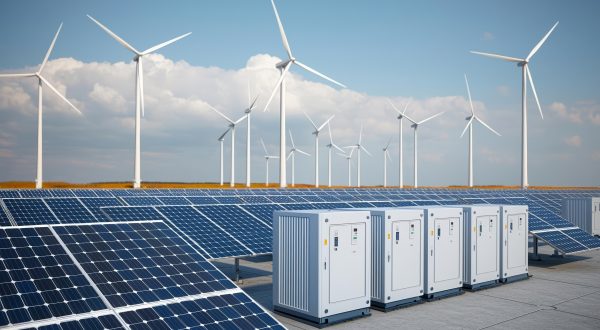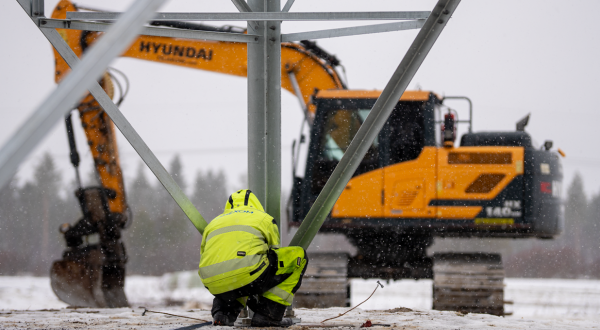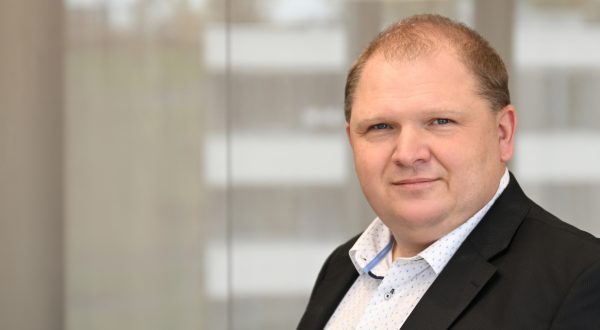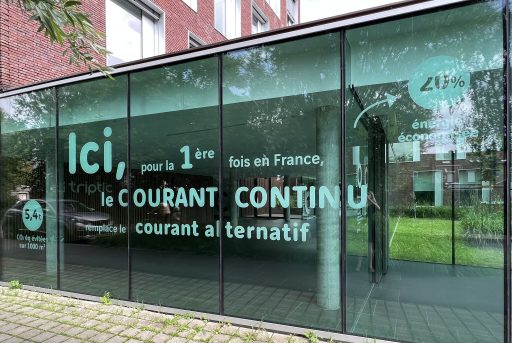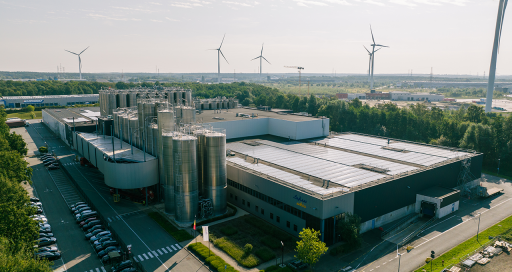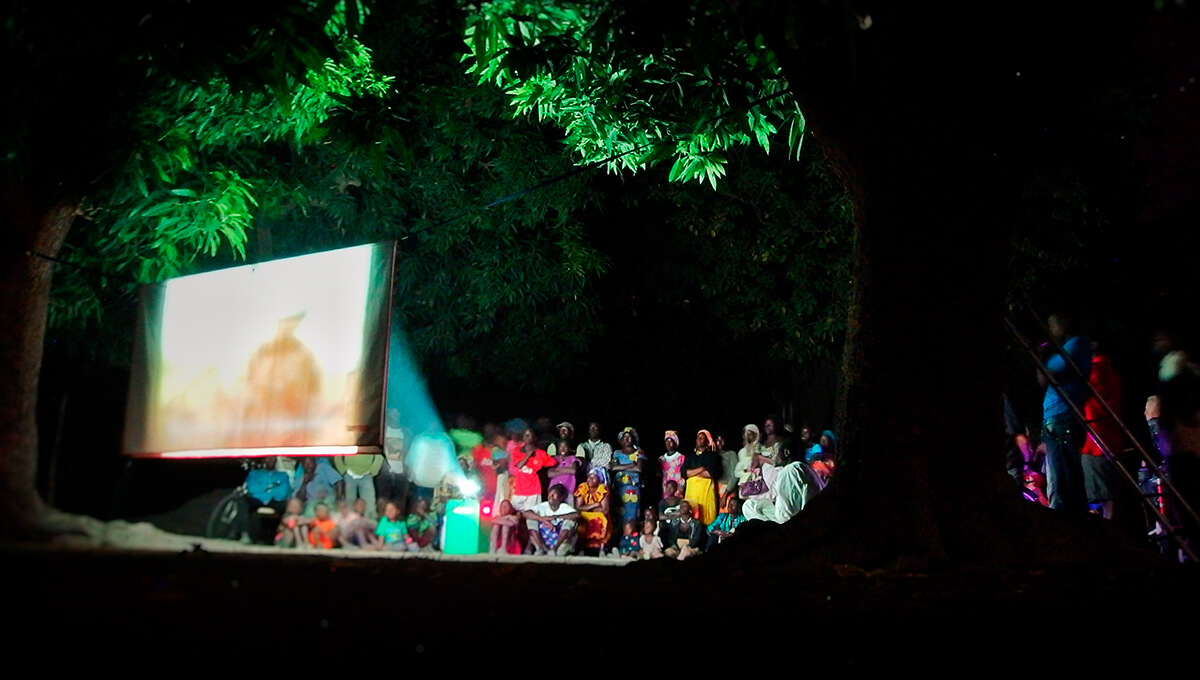
VINCENT HANRION – CINÉCYCLO
Africa suffers from a major deficit in electric infrastructure but has enormous potential when it comes to renewable energies.
North Africa and Southern Africa aside, nearly half of the continent’s population does not have access to electricity. But this situation, which is slowing the development of a continent with a rapidly expanding population (a projected 2,400 million by 2050), may improve quickly thanks to renewable energies.
Solar, wind, biomass, hydraulic: these natural resources are all plentiful on the continent, and their prices continue to drop.
Solar, wind, biomass, hydraulic: these natural resources are all plentiful on the continent, and their prices continue to drop. The costs of developing photovoltaics are a quarter of what they were less than five years ago, and the construction time required for power plants has also decreased significantly. Solar energy is now being deployed rapidly; it allows for the production of energy at half the cost of thermal power plants.
In summer 2016, Nigeria signed contracts for more than 1.1 GW of solar projects (representing 25% of its peak demand). Several countries have announced objectives for renewables: 50% in Cabo Verde, 15% in Senegal, and 10% in Ghana, Nigeria and Mali.
Many other initiatives, more modest yet adapted to local conditions, are under way. Here is an overview.
Senegal – Pedal-powered cinema
From November 2015 to June 2016, Vincent Hanrion toured Senegal by bicycle, showing films in villages without electricity by means of a pedal-powered generator. Following this initiative, a micro-project took shape thanks to the involvement of Yoro, Ibrahima, Cedric and other young people. Their goal: to design “Made in Senegal” generators and continue the mission of CinéCyclo by showing films in the suburbs of Dakar and in Senegal’s villages.
Learn more at observers.france24.com
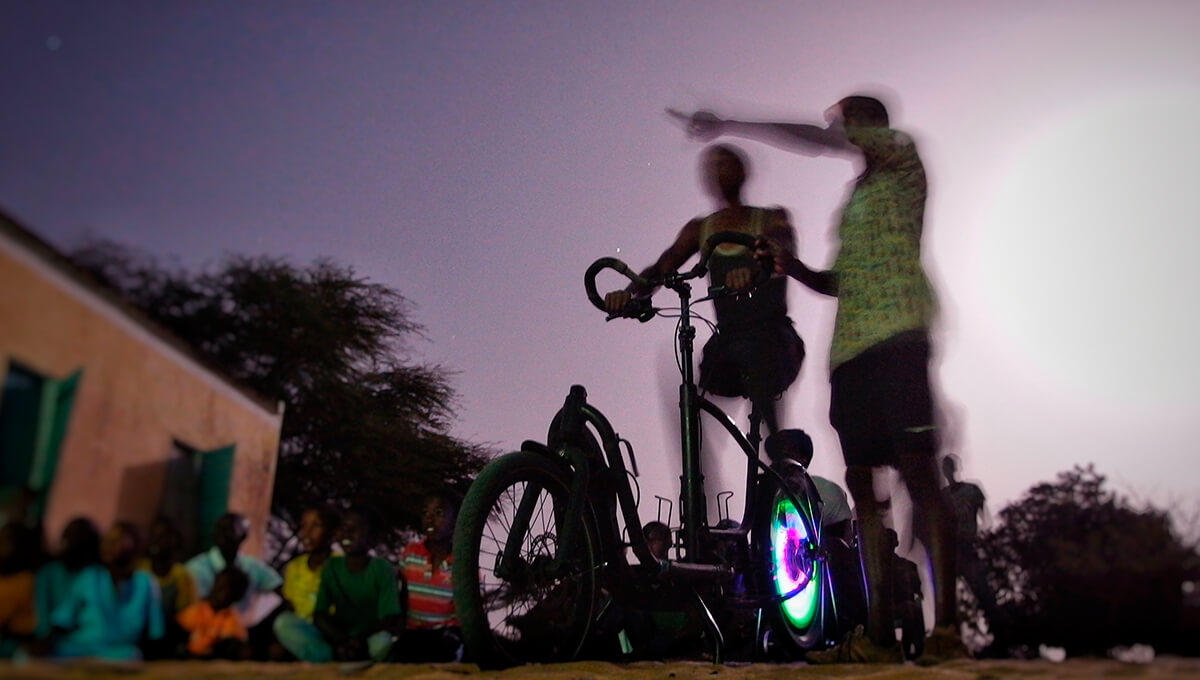
VINCENT HANRION – CINÉCYCLO
Burkina Faso – Electricity from water hyacinths
Jacigreen, a start-up created by Mariama Mamane in Nigeria, seeks to use the water hyacinth, an invasive plant originally from the Amazon basin and which is drying up and asphyxiating the watercourses, to produce biogas that can be transformed into electricity. She has joined 2iE’s incubator (International Institute for Water and Environmental Engineering) in Ouagadougou to refine the process. Her goal: to capture 500,000 cubic metres of biogas over the next three years and produce 1.7 million kWh, enough to fuel more than 2,500 households.
Learn more at www.lelab.info
Ivory Coast – Students use backpacks to light their studies
The company “Solarpak” has developed backpacks equipped with photovoltaic panels to power an LED so that students can do their homework after dark. Evariste Akoumian created a backpack equipped with a small solar panel, hooked up to a lamp. When the child carries the backpack to school, the sun charges the battery. Later at home, students just plug the lamp into the battery using a USB cable, allowing them to study after the sun sets.
Learn more at observers.france24.com
Kenya – Solar-powered microgrids
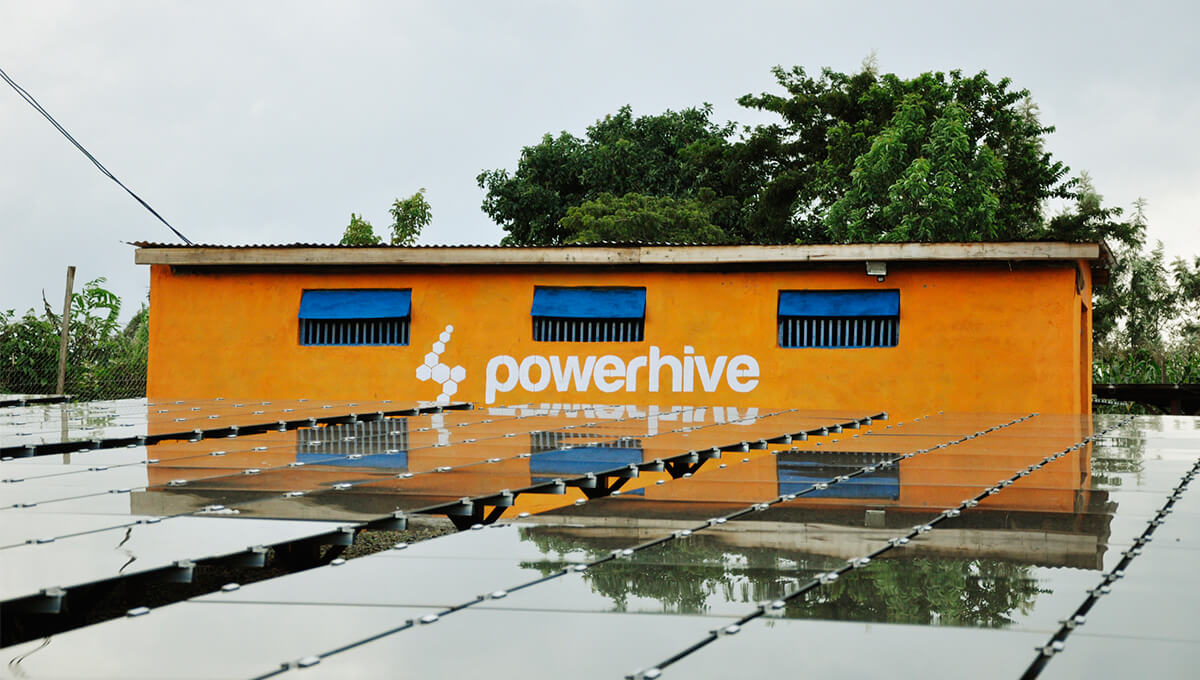
POWERHIVE
Based in California, Powerhive hopes to use its microgrids to bring solar power to Kenya’s most remote areas. These microgrids offer the advantage of being connected to larger networks, while being able to function independently. They allow Powerhive to bring solar-powered electricity to isolated Kenyan communities. Users can subscribe using mobile payment and receive text alerts when their balance is nearing zero.
Learn more at www.renewableenergyworld.com
Burkina Faso – Made in Africa solar lamps
In 2015, the Chabanne brothers created Lagazel, the first company to industrialise the production of solar lamps in Africa, in Dédougou, Burkina Faso, to compete with the Chinese monopoly on these devices. A welcome initiative, since the electrification rate in the Burkinabe countryside is only about 3%. The two models, LK1500 and LK3000, sell for 13,000 CFA francs (€19.10) and 22,000 CFA francs (€33.50), respectively, and provide 24 hours of light on one day of charging.
Learn more at www.africanews.com
Morocco – Photovoltaics powering up
Acwa Power, a Saudi Arabian company specialising in renewable energies and desalination, has created three new branches to operate and maintain the Noor (“light” in Arabic) PV power plants in Ouarzazate (70 MW), Laayoune (80 MW) and Boujdour (20 MW) in Morocco. Thanks to the use of concentrated solar power (CSP), rates have gone from 35 cents/kWh to 18.9 cents/kWh, and the goal is to continue lowering production costs.
Learn more at www.energies-renouvelables-afrique.com
Uganda – Sunshine instead of kerosene
The Ugandan company Solar Freedom Africa assembles and produces affordable and durable solar systems, which are paid by mobile banking or cash and allow consumers to pay for exactly what they’ve used. The company offers a variety of products, from basic solar lights to equipment for recharging phones or powering other devices. This allows families to save money normally spent on kerosene, paraffin and candles (savings of $70 per family per year).
Learn more at solarfreedomafrica.org
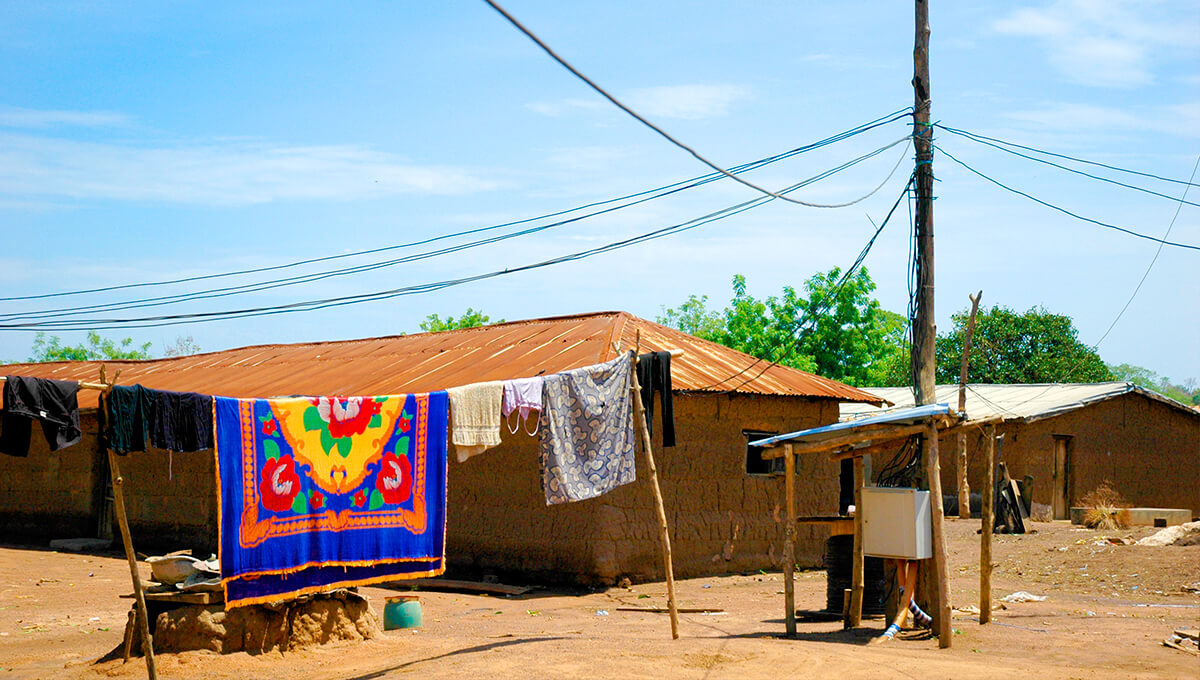
Benin – Crowdfunding for a microgrid
Power:On, a start-up founded by a young HEC Paris graduate, developed a microgrid in the remote village of Bassila in Benin (population 2,500), currently powered by diesel. Founder Tristan Kochoyan hopes to switch to solar power by raising €140,000 through crowdfunding. This independent electric network provides 100 homes with access to the basic uses of electricity – lighting, charging phones, powering household appliances – through a system of prepaid contracts combined with dedicated meters.
Learn more at en.turnthepoweron.co
Kenya – Affordable solar kits
The American-Kenyan company M-Kopa offers affordable solar kits, at 3,000 shillings (€27) plus instalments of 50 shillings (€0.44) per day for one year via M-Pesa (money transfer by text-messaging), for a total of €188 – much less than the cost of buying kerosene for that period of time. The basic version of the kit includes a photovoltaic panel, an 8-W battery, two light bulbs, a radio, a phone charger, and an electric torch.
Learn more at www.forbes.com
Senegal – Solar street lamp for powering homes
In Niomoune, Basse-Casamance, the State and Sunna Design, a Bordeaux startup, signed an agreement to test a mini solar network which is unique in the world and which would equip more than 300 additional villages in the long term. The Nanogrid consists of a solar street lamp designed for extreme weather, connected by aerial cable to four houses equipped with a smart box capable of powering, without interruption, four LED bulbs and a USB outlet for recharging mobiles and small household appliances.
Learn more at sunna-design.fr/en/
19/04/2017
